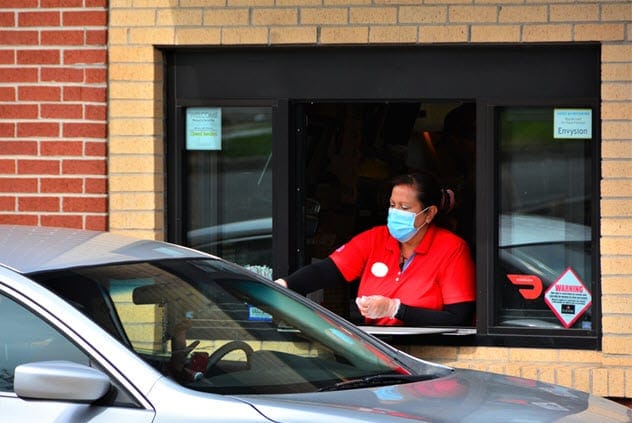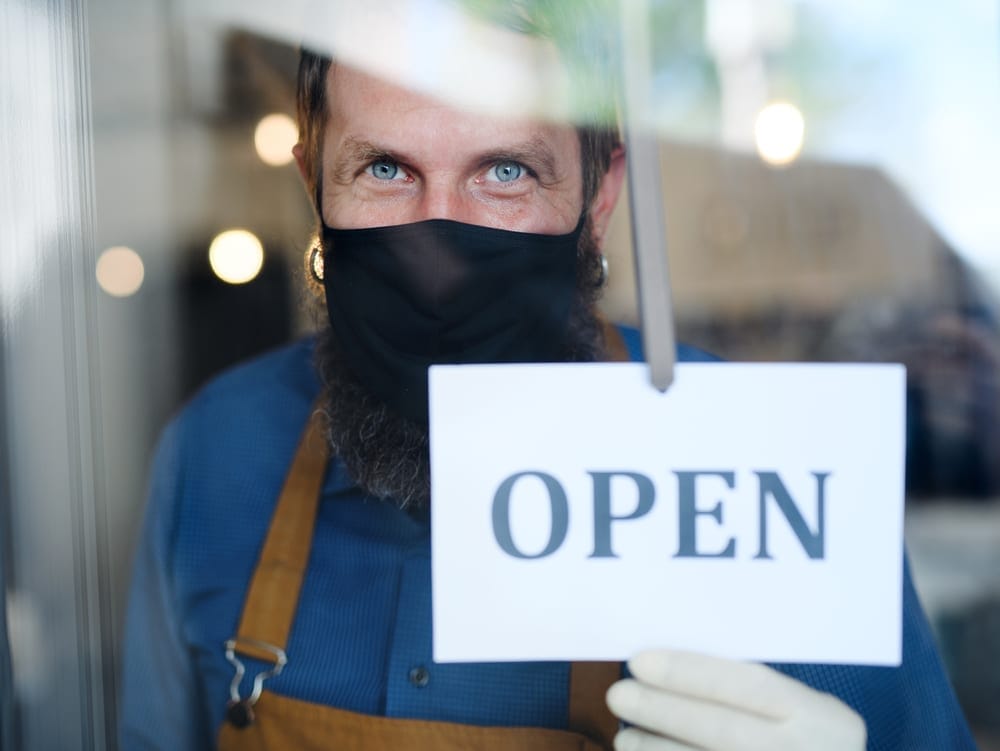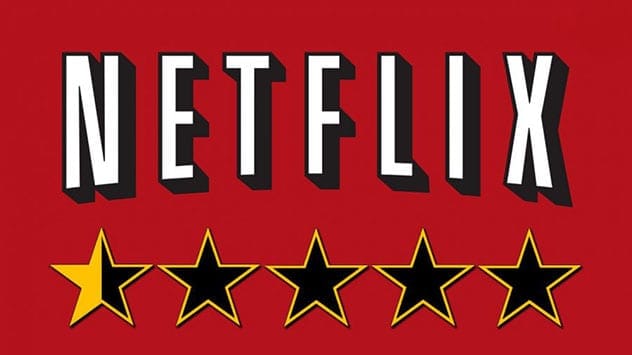The coronavirus pandemic has touched every corner of the globe. Individuals, businesses, and entire nations have felt its impact. It’s crucial to understand which industries have been most affected and the ways they’ve changed.
From travel restrictions to the surge in video game usage, the pandemic has dramatically reshaped industries in both expected and unexpected ways. Here are the top 10 industries that have been most affected by the coronavirus pandemic.
Travel

The travel industry has arguably faced the most significant challenges. Airlines have struggled, tourist destinations have suffered, and high-end resorts have been forced to close. The impact has been felt globally.
Major chains like Hilton Hotels and Resorts have experienced significant revenue losses. Virgin Airlines in Australia has sought financial assistance from the government, highlighting the severity of the crisis.
Many airlines are undergoing complete restructuring, redesigning aircraft interiors, overhauling booking systems, and adjusting prices to stay afloat. While substantial investments have been made to support travel companies, the future remains uncertain for many.
Video Games

The video game industry hasn’t faced closures or a complete loss of revenue. It has still been significantly impacted. Many online games have seen massive spikes in player activity, leading to server overloads and long queue times.
There has been a surge in subscriptions to MMORPGs like Final Fantasy XIV and World of Warcraft. While digital gaming is up, physical game releases have encountered numerous challenges.
With major retailers prioritizing essential goods, obtaining physical copies of new games became increasingly difficult. This shift may lead to fewer physical releases and a greater focus on digital distribution.
Fast Food

Fast-food restaurants like McDonald’s and Taco Bell remained open as “essential businesses,” even as other businesses closed. These establishments updated cleaning procedures and operating hours to ensure worker safety.
Many fast-food locations shifted to drive-through-only service and implemented mandatory mask policies for staff and customers. Despite these measures, many workers worried about the virus and reduced public contact.
The industry benefited from increased delivery services, either through in-house systems or partnerships with apps like DoorDash. This boost in sales has encouraged many fast-food chains to continue offering delivery options beyond the pandemic.
Health Care

The health care industry has been directly and significantly impacted. Shortages of essential supplies and the challenges of maintaining social distancing have led to many health care workers contracting COVID-19.
Hospitals have faced shortages of beds and staff, leading to situations where patients didn’t receive adequate care. This strain has caused burnout among health care professionals, potentially affecting the quality of care.
Volunteer health care workers have stepped up to assist, performing basic tasks and providing much-needed rest for nurses and doctors during this challenging time. Their support has provided a critical boost to overwhelmed medical staff.
Retail

The retail industry, particularly grocery stores, experienced significant chaos during the pandemic. The demand for essential supplies overwhelmed stores, leading to shortages of items like toilet paper and hand sanitizer.
Initially, many supplies were purchased by resellers looking to profit from inflated prices. Workers faced increased stress due to safety concerns and potential exposure to infected customers.
Stores implemented restrictions on the quantity of certain goods customers could purchase. Rising prices, reduced operating hours, and safety concerns have altogether made retail a more challenging environment.
Pro Wrestling
WWE events during the pandemic occurred in eerie, crowdless arenas. The absence of a live audience transformed the atmosphere of the matches.
Without the usual roaring crowds, humorous moments took on a different emotional weight. This new, quiet pageantry will likely leave a lasting impression on viewers.
Streaming

Streaming services have thrived in the new normal. Netflix reported record-high traffic as more people stayed home. Hulu, Vudu, and other services have also seen significant increases in usage and new subscribers.
However, the increased demand has also strained bandwidth, causing slower internet speeds. Services like Netflix have increased bandwidth consumption to meet the demand, while YouTube and Amazon Prime have experienced more traffic.
The streaming industry overall has seen tremendous growth during the pandemic, with no signs of slowing down.
Music

The music industry has been significantly affected, with concert cancellations, album delays, and declining sales. While established artists have weathered the storm, record labels have suffered substantial losses.
With live concerts off the table, many turned to YouTube and music piracy as alternatives. Despite these challenges, music creation continues.
Artists like Playboi Carti released albums from quarantine, and performers such as Taylor Swift, Travis Scott, and Lady Gaga held virtual concerts in games like Fortnite.
Porn

The porn industry has seen a significant increase in consumption across various platforms. With more people staying home, there’s been a surge in amateur production.
A popular new genre, coronavirus-themed porn, has emerged. However, the pandemic has also impacted professional shoots, leading to cancellations and postponements.
Many workers have turned to webcam modeling to replace lost income, while others have temporarily left the industry due to safety concerns.
The Film Industry

The film industry, especially theaters, has experienced mass closures, cancellations, and revenue losses. Many actors have been unable to work, causing delays and cancellations of movie releases.
The pandemic has also accelerated the shift toward streaming releases. Movies like Trolls World Tour were released directly to streaming, generating significant profits and sparking controversy with theater owners.
Some theaters have threatened to ban Universal Studios movies in response to the studio’s plan to release films simultaneously in theaters and on streaming platforms. The traditional movie theater experience faces an uncertain future.
The COVID-19 pandemic has left an indelible mark on numerous industries, forcing businesses to adapt and innovate. While some sectors have struggled, others have thrived in the new normal. The long-term effects remain to be seen, but the changes are undeniable. Leave your comments below!










